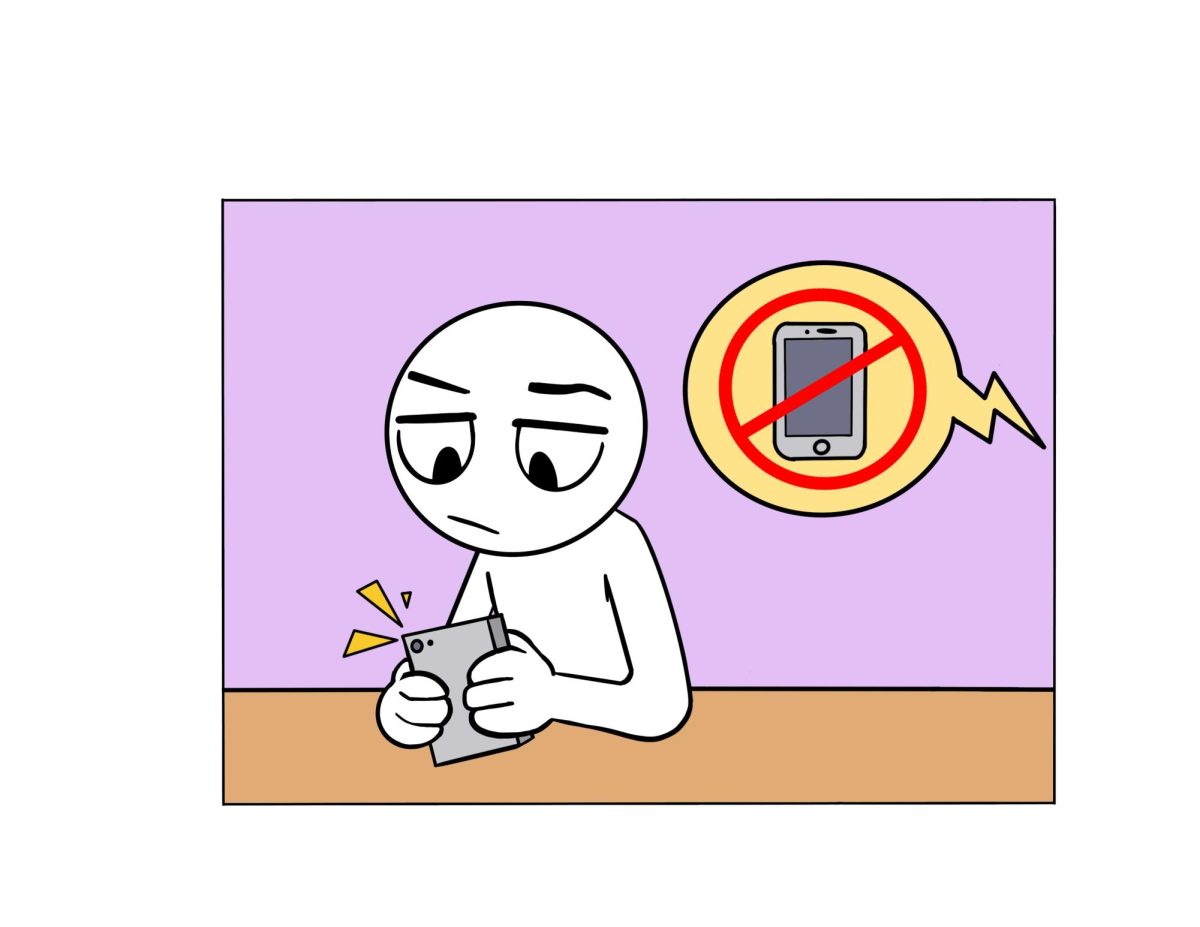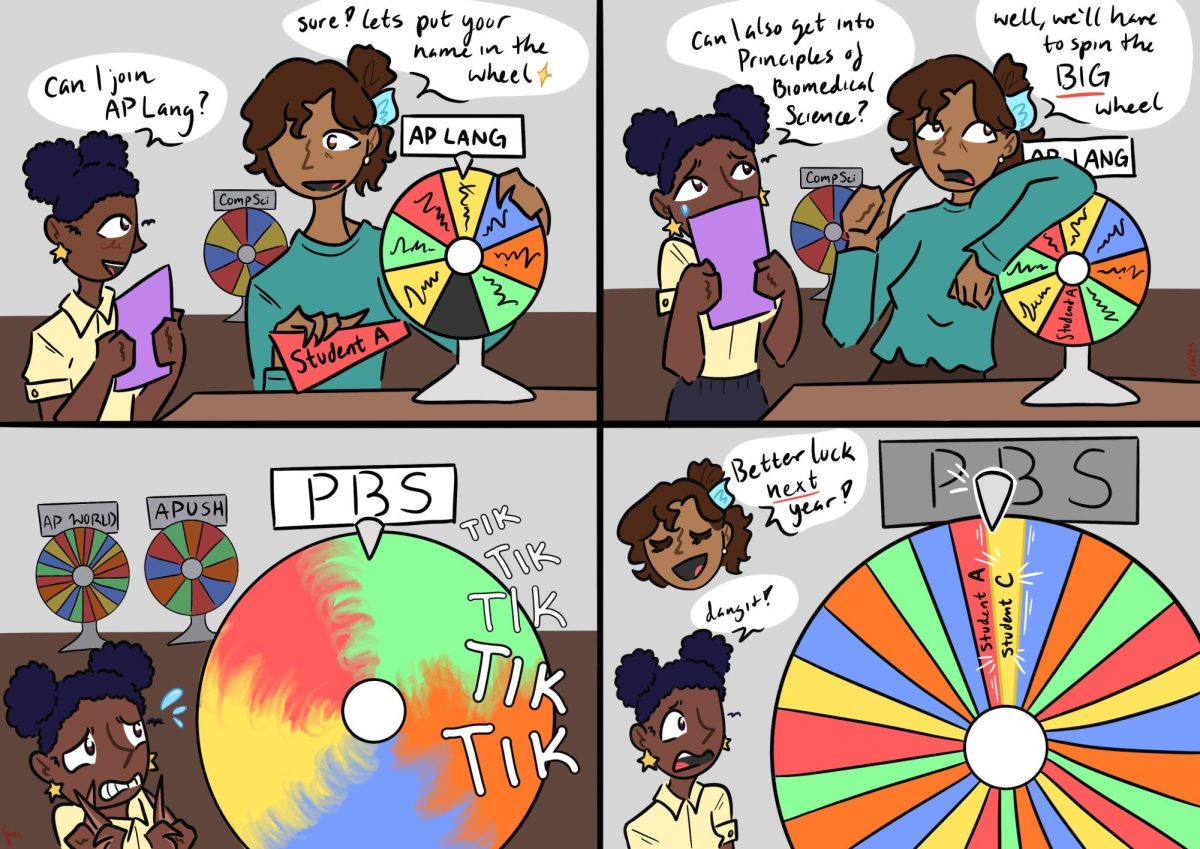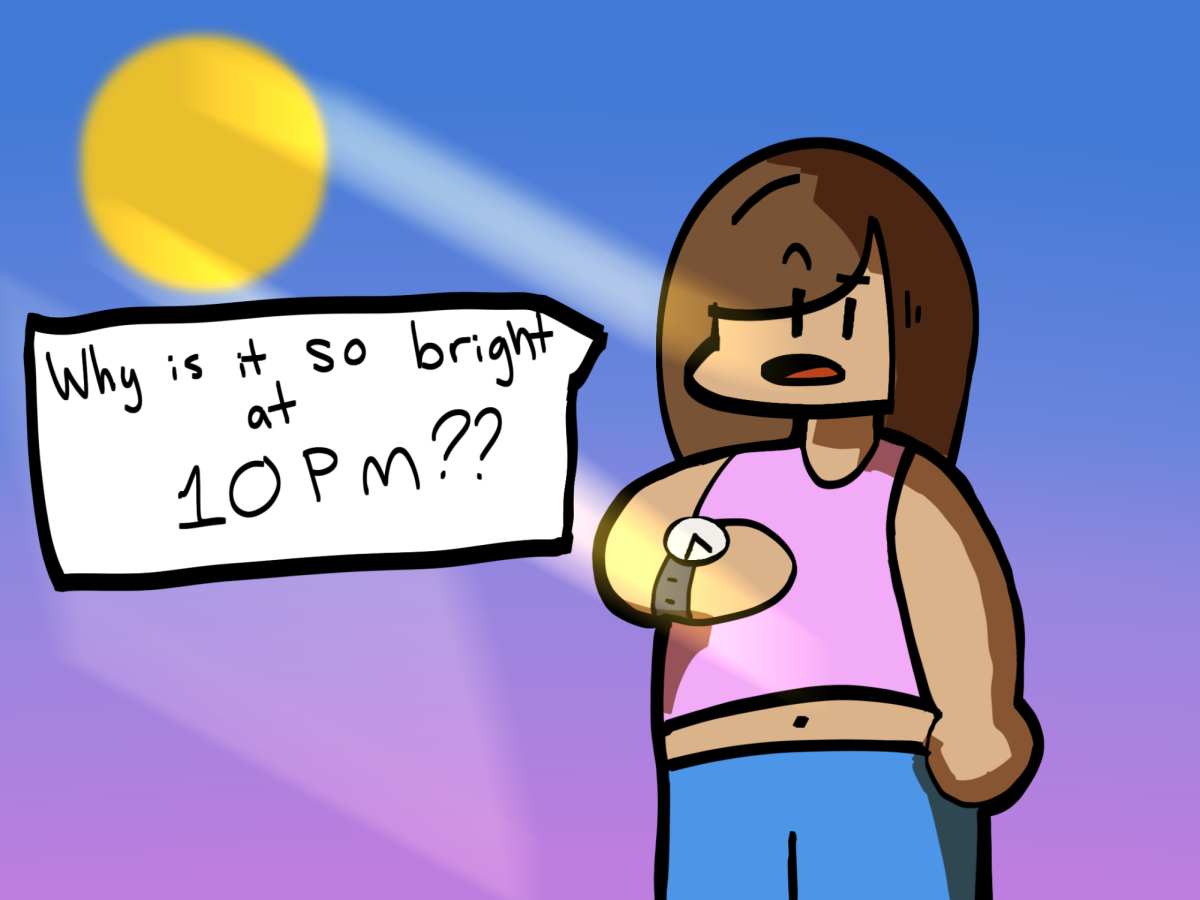Ladies and gentlemen, students are addicted. To what? That’s right, their phones.
What originally was intended for our convenience has now become an inescapable distraction. And with the advent of social media platforms such as Instagram and TikTok, it is clearly evident that students’ attention spans have diminished.
To regain control and learn effectively, students need to embrace Cal High’s new phone policies, which means surrendering our beloved iPhones to the phone cubby.
According to a study done by Rutgers University-New Brunswick, students who used phones, tablets or other devices during class for non-academic purposes performed worse in end-of-term exams.
The result is not surprising.
If students are focused on texting their friends or scrolling social media during class, then they most likely won’t learn what is being taught.
So what is the solution?
Students simply need to give up their phones at the start of class. Many Cal teachers now require students to put their phones in small phone cubbies, or as I like to call them, phone jail.
Though it might be painful for students to have to relinquish phones at the start of class, by doing so, they can ensure their focus is where it needs to be.
When I first placed my phone in phone jail, I was devastated. But as I was forced to actually pay attention in class without any possibility of getting distracted, I could see the rationale behind the new policy.
There were many times I would catch myself reaching for my pockets only to realize that my phone was in jail, and I could only get it back when class came to an end.
Now some might argue that putting phones in cubbies might be too extreme or uncomfortable. But given that ideally, students shouldn’t be on their phones in the first place, is it too much to ask them to follow these new regulations?
In addition to phone jail, a new policy is in place that requires students to not take their phones with them when they sign out to go to the restroom.
The same logic applies here as well. If students don’t have their drug, sorry I mean phone, then they are less likely to get distracted by the digital world when embarking on their expedition to the restroom.
Phones aren’t inherently bad, but when we allow them to distract ourselves from our classes and studies, they might as well be. So, embracing the new phone policies ensures that we can effectively fulfill our role as students: to learn.
Are Cal’s new phone policies too restrictive? – NO
Abhinav Purohit, Social Media & Video Production Editor
October 5, 2023
New phone policies ban students from using phones in class or taking them to bathrooms.
More to Discover
About the Contributors
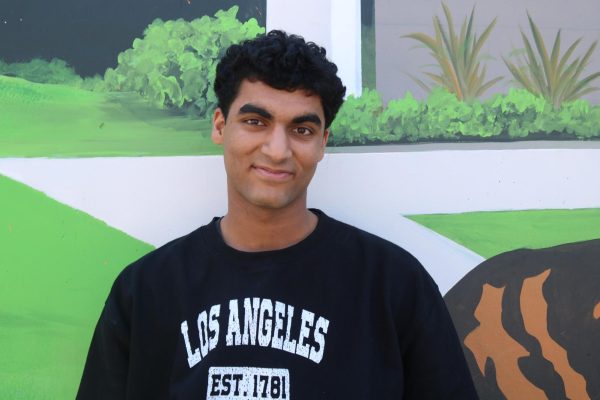
Abhinav Purohit, Social Media & Video Production Editor
Senior Abhinav Purohit is back for year three as the Social Media & Video Production Editor for The Californian. This year he hopes to strengthen the paper’s online presence by producing engaging content across all social media platforms. In particular, Abhinav hopes to produce more short-form video content for The Californian on Instagram Reels, TikTok, and YouTube Shorts, as he firmly believes that short-form videos are the primary way of content consumption in the modern digital age. Outside of school, Abhinav enjoys playing basketball, weightlifting, reading, and hanging out with friends & family. After graduation, Abhinav hopes to pursue a major in Finance/Business Economics in college.
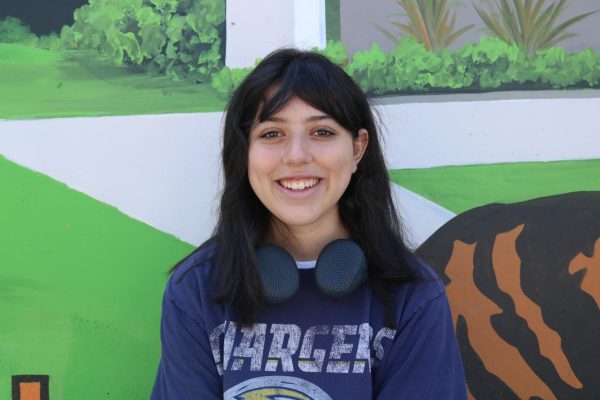
Brooke Hirsch, Staff Writer
Senior Brooke Hirsch joined the newspaper team as a photographer and possibly an illustrator. She’s been interested in drawing since childhood and loves a good story. If you want to talk about movies until you feel sick, talk to her.
